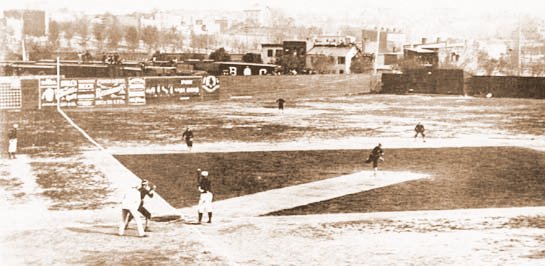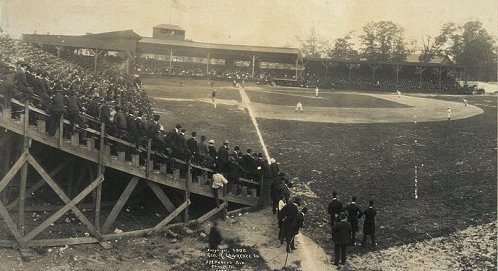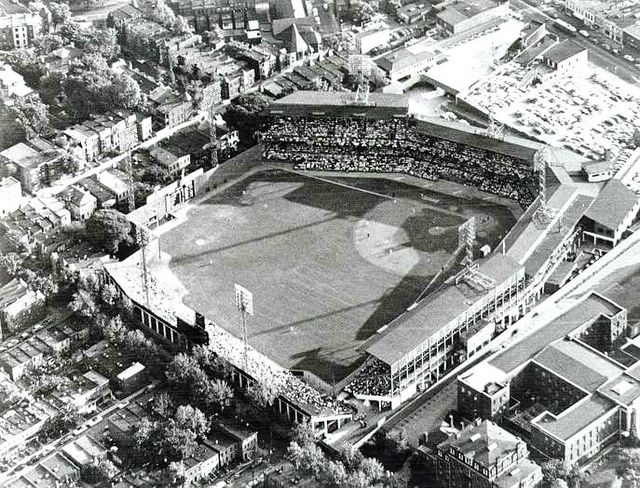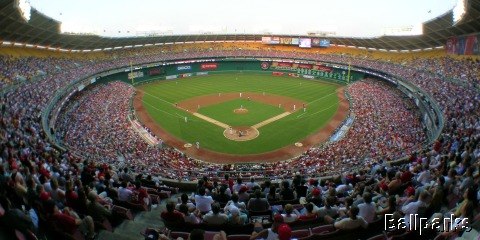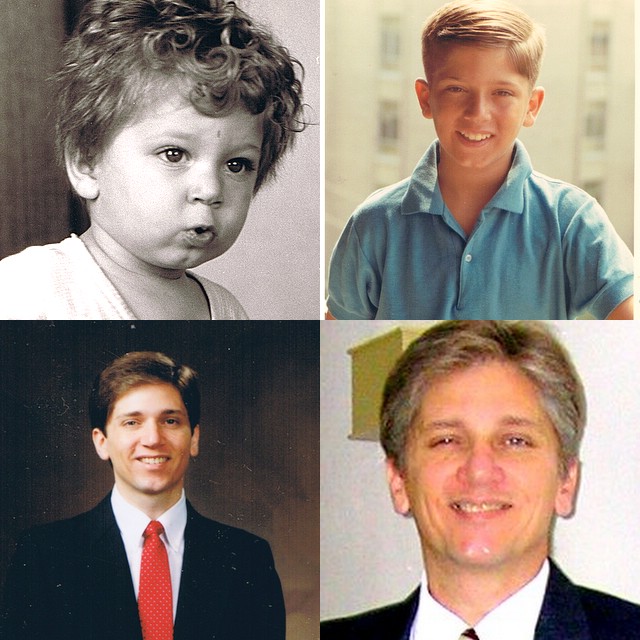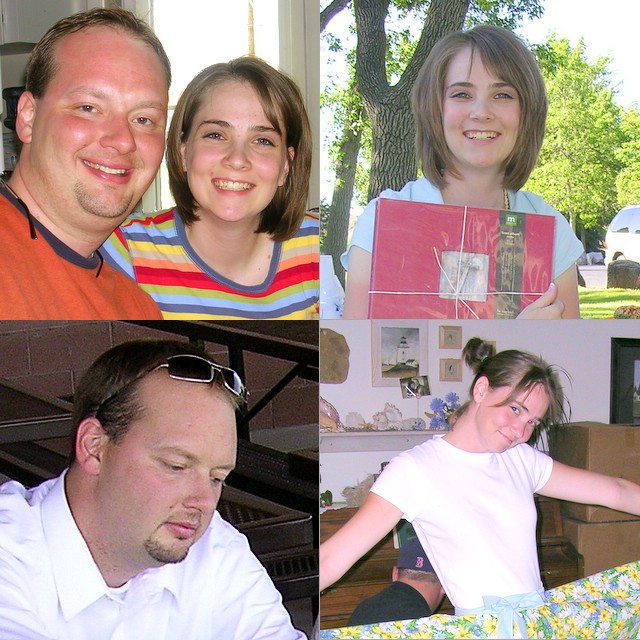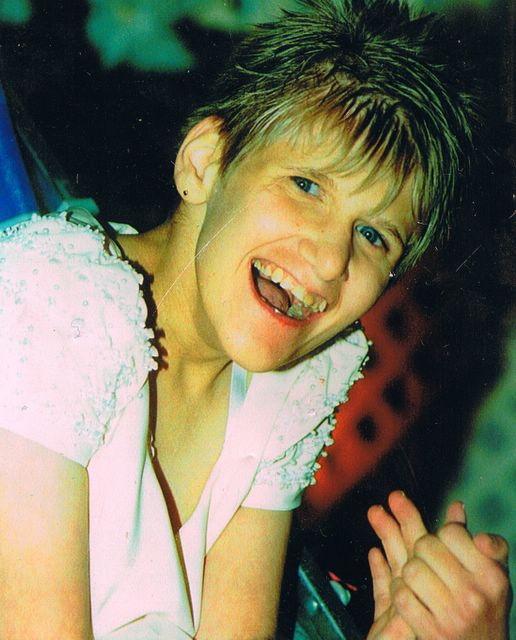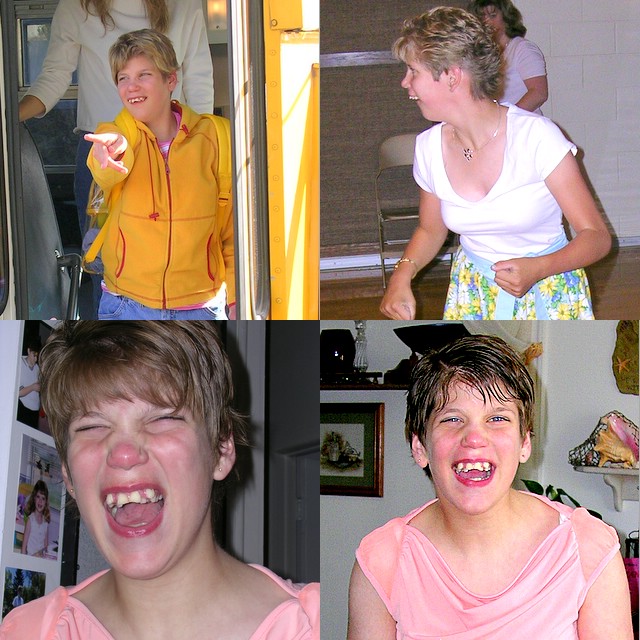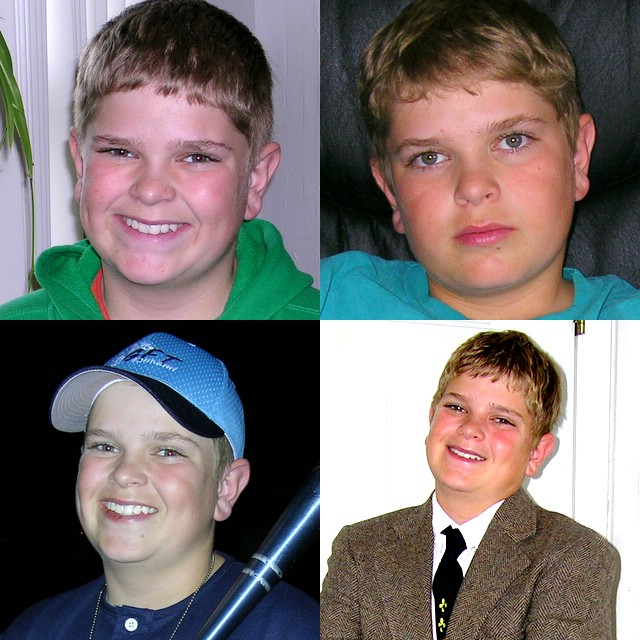Both Sides Of The Aisle Agree: SHORT STINKS!
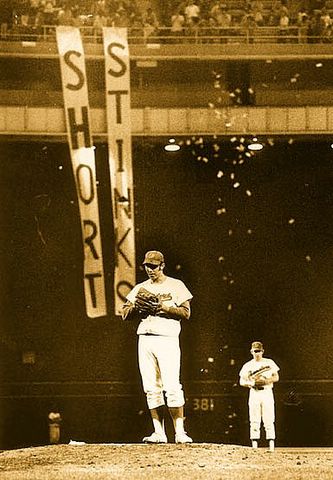
I couldn't have said it better myself
This photograph pretty well summed up the feelings of all Senators fans this September evening, the last game the team would ever play in Washington. The next day, movers showed up at the team's Spartan offices [Bob Short was cheap on and off the field] and packed the team for its trip to Dallas-Ft.Worth. Although we all saw it coming, we were still stunned by this move.
Robert Short had done this sort of thing before. He overborrowed to purchase the Minneapolis Lakers, signed Hot Rod Hundley to bring in the fans, and then left for "greener pastures" when the creditors started making noise [What? You thought the Lakers began in L.A.? Lakers -- Minnesota -- 10,000 lakes? Aah. Beginning to make sense now, huh? :)
Fast forward eleven years to 1968. Bob Short buys the team for [if I remember] Nine million dollars, too high a price for the moribund Nats. Again, he borrowed heavily to come up with the down payment, leaving little cash reserves to run the team. To create a cashflow, the Senators had the highest ticket prices during Short's three year run in D.C. Any wonder why the Senators had an attendance problem?
Following that magical 86-76 1969 season, Bob Short appeared on a WTOP-9 baseball special a few days before spring training began in Pompano Beach the next year. I'll never forget what he said: "I see no reason why the Senators can't have a Mets type season here in Washington in 1970" [the Mets had come from nowhere to win the series in '69]. That sounded a lot like a GM saying "the manager's job is safe." Short traded Kenny McMullen to the Angels very early in the season and it was all down hill from there.
Denny McLain was the top pitcher in the American League during the latter half of the 1960s. He was the first pitcher to win 30 games since Dizzy Dean, and won the Cy Young award in 1968, and shared it with Baltimore's Mike Cuellar in 1969. He was a twenty game winner the next year, but by 1970, he became a latter day Milton Bradley. He was suspended during the 1970 season. There were whispers about gamblers and alcoholism. The Tigers tried to trade him to anyone who would have him, but no one was willing to take a chance. No one, that is, except Bob Short.
Bob Short traded the entire left side of his infield, one of his best pitchers and a good pitcher for McLain and a bunch of guys named Joe. Just after the trade, Johnny Holiday interviewed him, and the issue of his mental health came up. McLain said, "Johnny, I've been given a certificate from two different shrinks that says I'm not crazy. Do you have a certificate like that Johnny?" I knew we were in trouble. 1971 had that same feel of all of those early 1960 teams: no wins and no hope. Our best players were in Detroit. Joe Coleman won 20 games for the Tigers, 10 more than Denny McLain won for the Senators.
I still think that Bob Short made that trade to gut his team so fans wouldn't come to RFK, so he could whine to Bowie Kuhn that he had to, he just had to move to Turnpike Stadium [later enlarged and renamed] and become the Rangers. So arrogant was Short that the new Rangers logo had the first letter "R" and the last letter "S" capitalized, his initials. Typical. See a picture of Bob Short moving his team here.Today, baseball fans watch the movie "Major League," a story of a greedy owner that gets rid of all of her good players so she could move her team, and everyone probably says, "Man, that could never happen."
Truth is stranger than fiction.








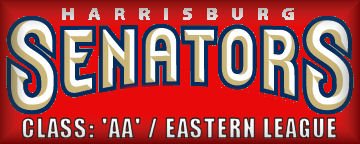
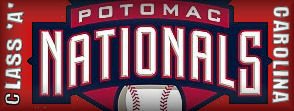

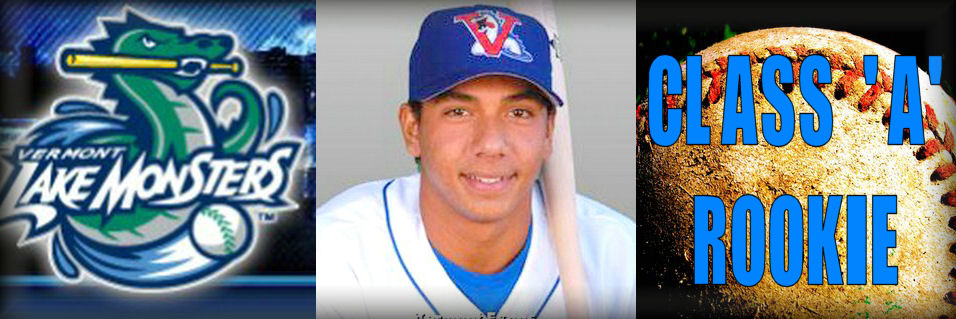











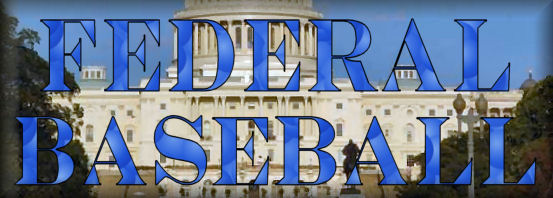



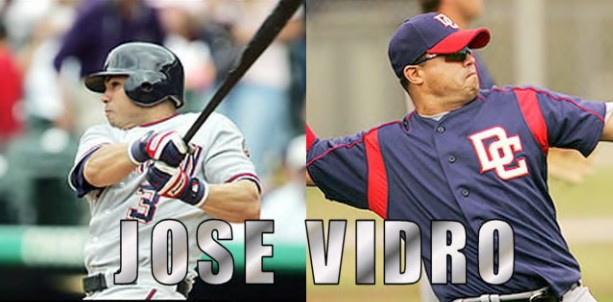




















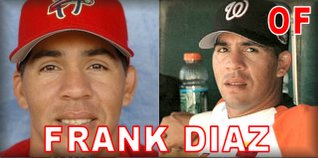

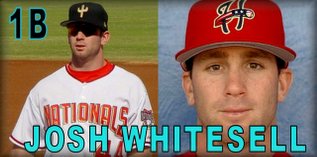
 3) 1926 (road) --- 4) 1936-'37, 1948-'51
3) 1926 (road) --- 4) 1936-'37, 1948-'51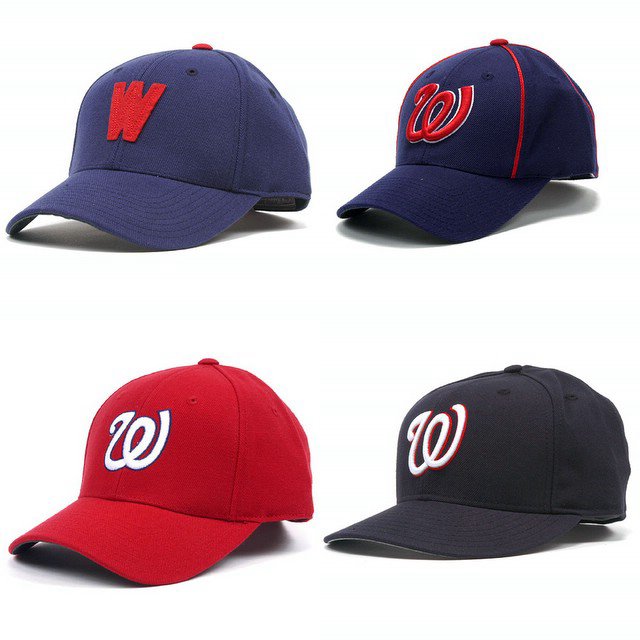 3) 1968 - '71, and 2005 (home) --- 4) 2005 (road)
3) 1968 - '71, and 2005 (home) --- 4) 2005 (road) Buddy Meyer --- Walter Johnson
Buddy Meyer --- Walter Johnson Ed Yost --- Muddy Ruel
Ed Yost --- Muddy Ruel Roger Peckinpaugh --- Joe Cronin
Roger Peckinpaugh --- Joe Cronin Del Unser --- Darold Knowles
Del Unser --- Darold Knowles Ed Stroud - Mike Epstein
Ed Stroud - Mike Epstein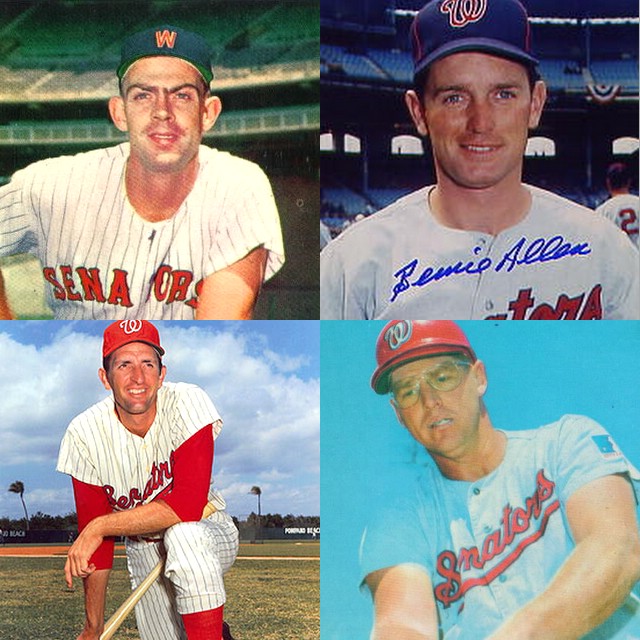 3)1968 -- 4)1969 - 1971
3)1968 -- 4)1969 - 1971